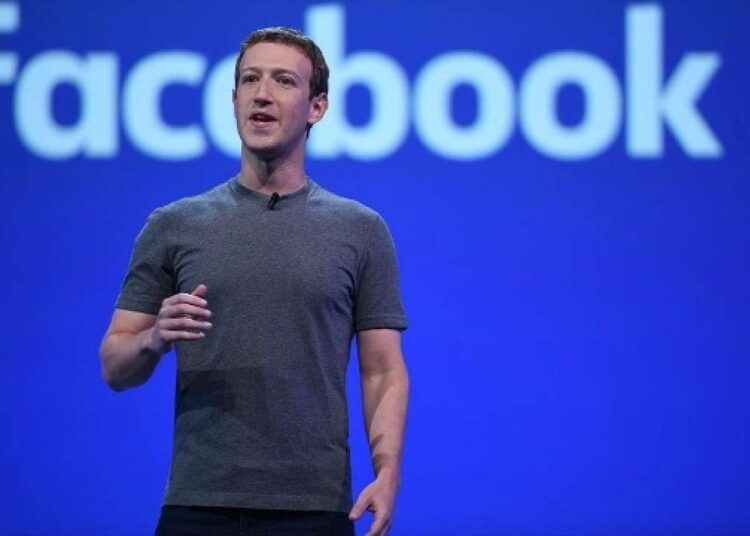PARIS – Facebook announced that its daily user numbers had fallen for the first time in its history, reopening the debate around its problem with attracting new, younger subscribers.
The firm’s founder, Mark Zuckerberg, was in no doubt who was to blame.
“People have a lot of choices for how they want to spend their time, and apps like TikTok are growing very quickly,” he told investors, according to US media.
TikTok has continued its soaring growth, particularly among younger audiences attracted by its user-friendly controls and upbeat content of mostly very short, self-made videos.
“TikTok from the beginning has focused on a younger audience — the style of the content, the music, the dancing,” said Flavilla Fongang, who runs London-based branding agency 3 Colours Rule according to AFP.
“Their moment has really come in the pandemic, where people were desperately looking for ways to stay connected.”
In the same time period, Facebook — whose parent company has been renamed Meta — has been battling regulatory issues, negative headlines around bullying and disinformation, and on Wednesday faced a huge slide in its share price.
That said, Facebook remains the world’s most popular social media network by far.
It lost one million daily users in the last quarter of last year but still has almost 1.9 billion, figures that dwarf every other platform.
So does Facebook need to worry about attracting younger audiences, and can it do anything to remedy its image as a platform for the older generation?
The company itself clearly thinks so. It has been focused on the question for almost a decade, according to papers released last year by whistleblower Frances Haugen, some of which detailed the platform’s concerns about losing young audiences.
“Young adults perceive content as boring, misleading, and negative,” data scientists told Facebook bosses, according to an account from Haugen’s documents reported on The Verge website.
Yet up until this year, the platform had been able to post impressive growth figures.
Analysts say this was papering over the cracks.
“It’s not something that’s new, this migration of younger users away from the core Facebook platform,” says analyst Matt Bailey from London-based Omdia group.
“It was making up for those lost users with older demographics… but it’s reached a bit of a saturation point among those older audiences.”






Discussion about this post